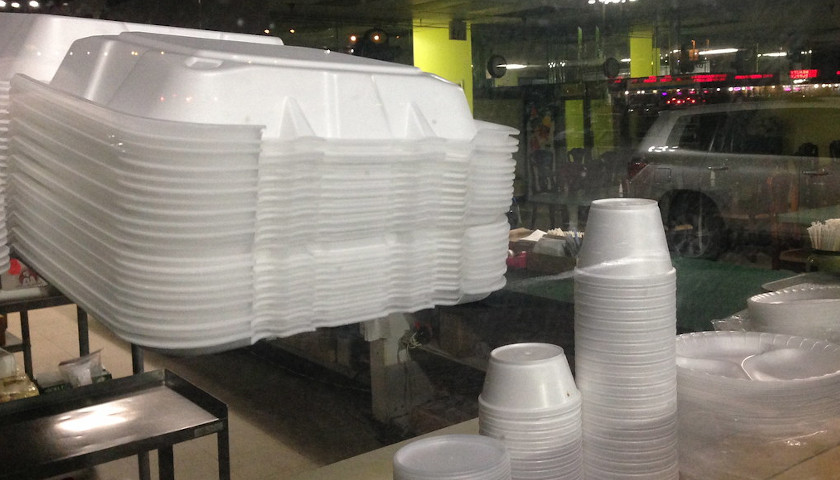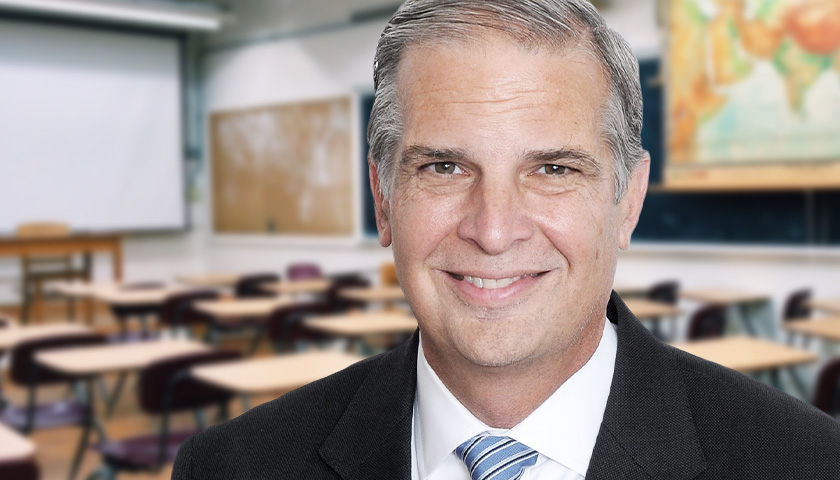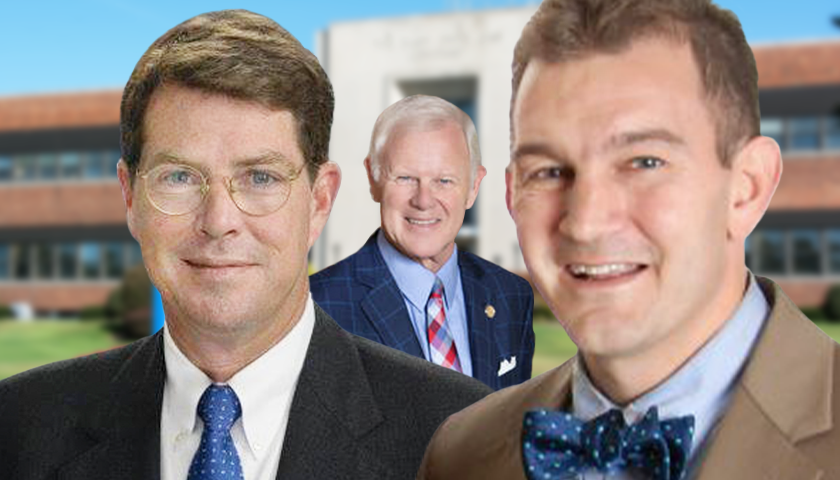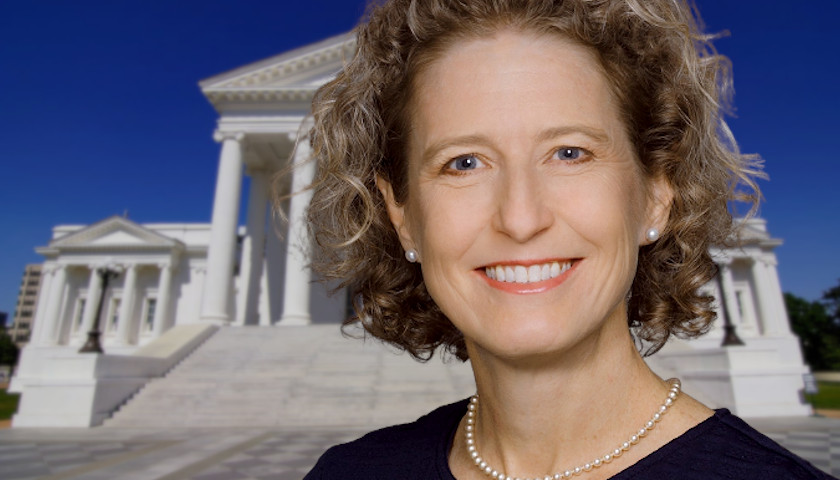The General Assembly passed a polystyrene (Styrofoam) ban for serving food in restaurants and similar vendors in Virginia. The bill, passed on Wednesday, will first take effect in July 2023 to large vendors with more than 20 locations; in July 2025, it will apply to all vendors, although vendors can apply for temporary exemptions to their localities. Violation can result in a $50 per day fine.
Senator Chap Petersen (D-Fairfax) pushed HB 1902 in the Senate as a compromise to allow the House of Delegates to pass a bill adjusting regulation of new recycling technology. Republicans opposed the polystyrene ban, saying it would harm small businesses, but supported Senator Emmet Hanger’s (R-Augusta) advanced recycling regulation bill.
“Polystyrene foam, what most of us call Styrofoam, is the most frequently observed plastic litter in our oceans and waterways. It is even found in remote corners of the arctic,” HB 1902 sponsor Betsy Carr (D-Richmond) said in committee in January. “It is often impossible to recycle polystyrene. We need more advanced recycling options, but we also need to simply reduce the amount of waste we create.”
Carr first introduced the bill in the 2020 General Assembly, where it passed with a stipulation that it must also pass this year. It originally included an exemption for non-profits and local governments, but the Senate amended the bill to apply across the board. The final version of the bill passed the House 57 to 39, and passed the Senate 24 to 15.
Petersen explained the bill on the Senate floor Friday, saying that he had originally been opposed to the ban due to the impact on small businesses.
“Here’s the problem: we need a long-term strategy on these containers,” he said. Petersen pushed to remove the exemption for governments and non-profits, and noted that the government exemption was meant to help schools.
He said, “Why are we going to say styrofoam is bad if it’s used by a small business but it’s okay if it’s used by a school division?”
Several Republican Senators spoke against the bill.
“Every single time that I order takeout to go, I think of this bill,” Senator Jen Kiggans (R-Virginia Beach) said. “The places that give me these styrofoam containers are the places that are struggling the most right now, and I understand there’s a delayed enactment and that this may not take effect until years from now. I just think the better approach would be to maybe incentivize other forms of wrapping if that’s paper, aluminum, or other things that we can recycle.”
Petersen also told the Senate that passage of the bill would help key recycling regulation bill SB 1164 introduced by Hanger pass in the House of Delegates, calling the two bills “The great polystyrene compromise of 2020.”
He said that passage of the polystyrene bill by the Senate would help get Hanger’s bill through the House.
“There’s no such thing as a quid-pro-quo in this business, but I will tell you that this is part of a large compromise,” he said. “We have put in some small business protections, but it’s part of a larger whole whereby we’re also moving towards a future where the recycling industry is going to help us create jobs and reduce waste in the state.”
Hanger’s bill focuses on new recycling technology called “advanced recycling,” which uses chemical processes to break down plastics into material that can be used to create new plastics or fuel, according to a press release from the governor’s office. Hanger said the process could be used on plastics that aren’t recyclable by other means, and that it doesn’t use incineration, so it doesn’t have the traditional concerns of plastics in landfills or being burned.
He said advanced recycling has benefits both environmentally and economically for Virginia.
“From the standpoint of economic development, we’re finding that this advanced recycling, the technology is there for significant strides in waste diversion and at the same time, economic development,” Hanger said.
Some advanced recycling companies are already entering Virginia, but Hanger said passing SB 1164 was important to adjust waste management regulations to define advanced recycling as a manufacturing process, not a waste management process. He also noted that the bill wouldn’t reduce the amount of regulations for the process, just change the type of regulations.
“The fact of the matter is that manufacturing facilities are, in many instances, subject to more scrutiny, more regulation than waste management. Waste management is concerned about having a proper liner and getting it to the place and dumping it in a hole and covering it up,” Hanger said. “In this instance, we’re talking about all of the environmental controls that are placed on manufacturing currently throughout the Commonwealth.”
SB 1164 passed both chambers with broad bipartisan support. SB 1164 and polystyrene ban HB 1902 now go to the governor for signature.
– – –
Eric Burk is a reporter at The Virginia Star and the Star News Digital Network. Email tips to [email protected].
Photo “Styrofoam” by romana klee. CC BY-SA 2.0.





